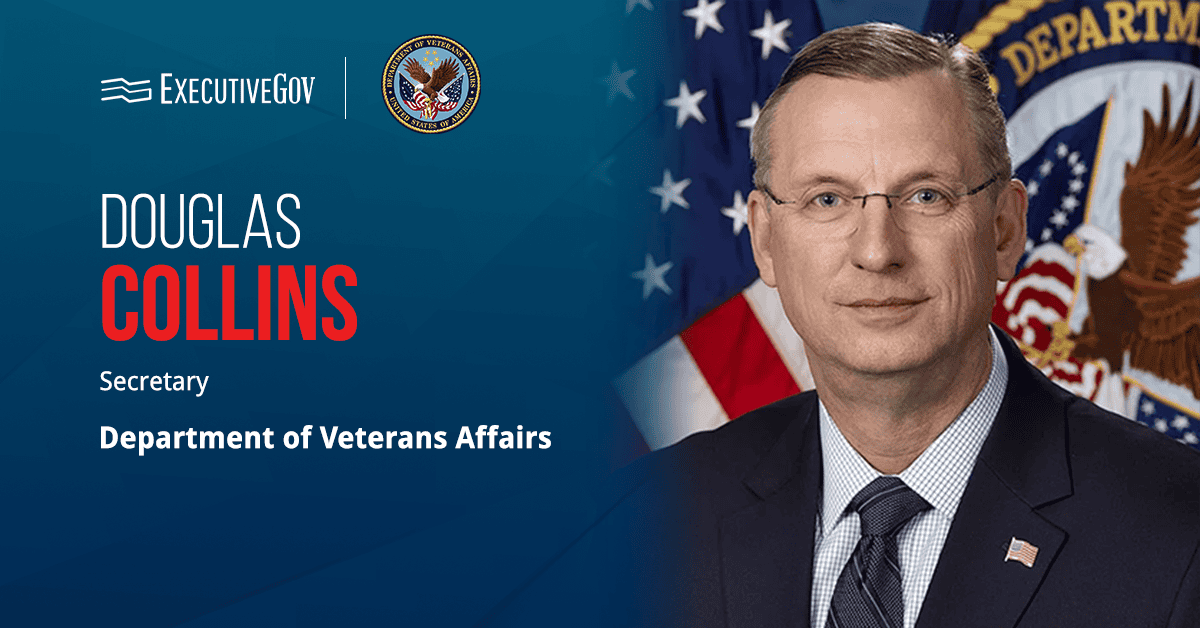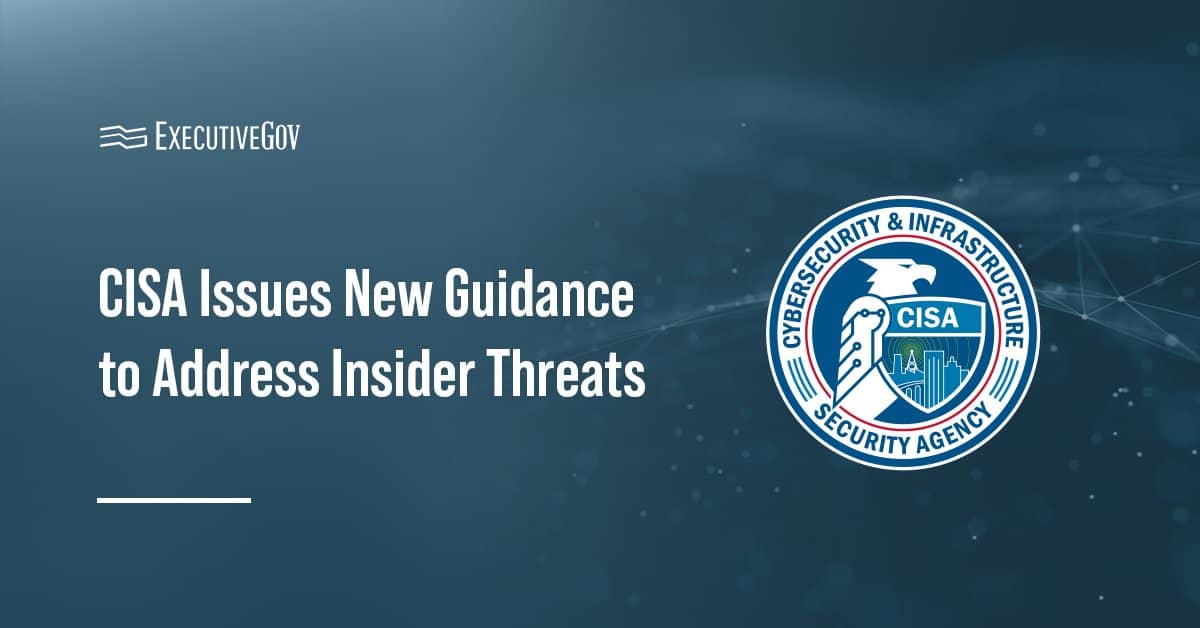The National Institute of Standards and Technology (NIST) plans to release a guidance on implementing trustworthy artificial intelligence technologies over the coming months, FedScoop reported Thursday.
NIST intends to issue NISTIR 8269 in an effort to detail the results of its outreach efforts to research entities, the private sector and other federal entities as part of the agency's AI Program.
Elham Tabassi, chief of staff at NIST's Information Technology Laboratory, told attendees at a recent industry event that the agency’s goal is to establish standards that will help the international AI community better understand the issue of ethical bias in algorithms and data.
“My wish list, how I see this program succeeding, is that we build a resource center — I call it a metrologist’s guide to AI — that talks about everything that you need to consider,” she said.





